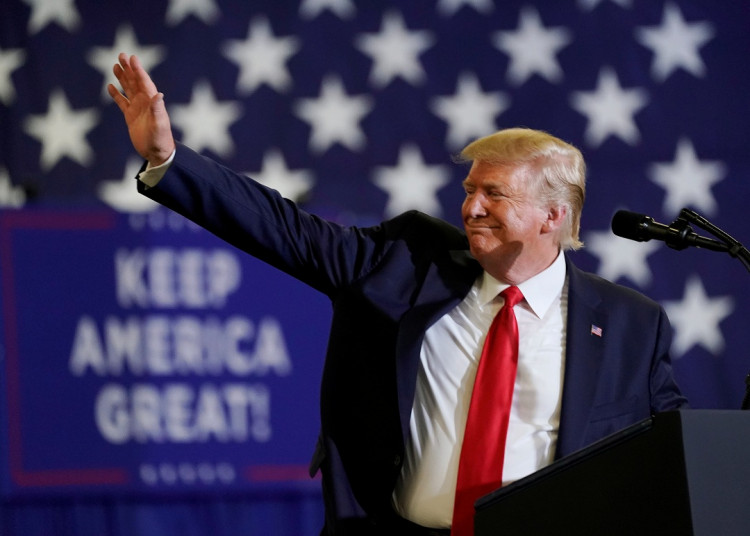US President Donald Trump confirmed on Monday that the US was going to be striking a deal with Japan, without congressional approval.
However, Trump neglected to confirm whether the deal would involve the suspension of the country's planned tariffs on auto exports.
Trump confirmed the deal in a letter submitted to the US Congress. The letter expressed the president's intention of entering into a deal with Japan involving various agreements on current tariff barriers and agreements regarding guidelines for digital trading.
In the letter, Trump informed lawmakers that he will be going ahead with the deal without their approval as the law does allow him to do so under the trade law provision.
Trump explained that the trade deal, which will be signed "in the coming weeks," is valid as he does have the power to make reciprocal tariff reductions through a presidential proclamation.
The US president added that he will be entering into a separate Executive Agreement with Japan that will be specific to the digital trade between both nations. Unfortunately, Trump neglected to detail his decision on placing additional tariffs on Japanese auto imports.
The exact details of the deal were not disclosed in the letter but based on previous trade talks,
Japan had likely agreed to reduce agricultural tariffs similar to the rates under the Trans-Pacific Partnership. Trump also mentioned in the letter that he will still be pursuing further trade negotiations with Japan to further expand and enhance terms.
Trump's previous threats of imposing additional tariffs on Japanese auto imports on the grounds of national security is currently a critical issue with Japanese negotiators. The added 25 percent tariffs under "Section 232" has become a major motivator for negotiators and has always been part of their agenda during the various face-to-face trade talks.
On Tuesday, Japan's Foreign Minister Toshimitsu Motegi announced that they will be working hard to ensure that Section 232 will not be imposed. Trump previously hinted at the recently held G7 summit last month that he was not yet ready to impose the auto tariffs "at the moment."
During the same event, Trump and Japanese Prime Minister Shinzo Abe mentioned that they hoped to sign the trade deal at this month's United Nations General Assembly in New York.
US negotiators have also been very invasive when it came to details regarding Japan's automotive sector. The past trade negotiations between both nations have mainly excluded any progress regarding the issue.
However, both countries have apparently agreed in principle to deals involving the reduction of tariffs on industrial and agricultural goods imports and exports.






